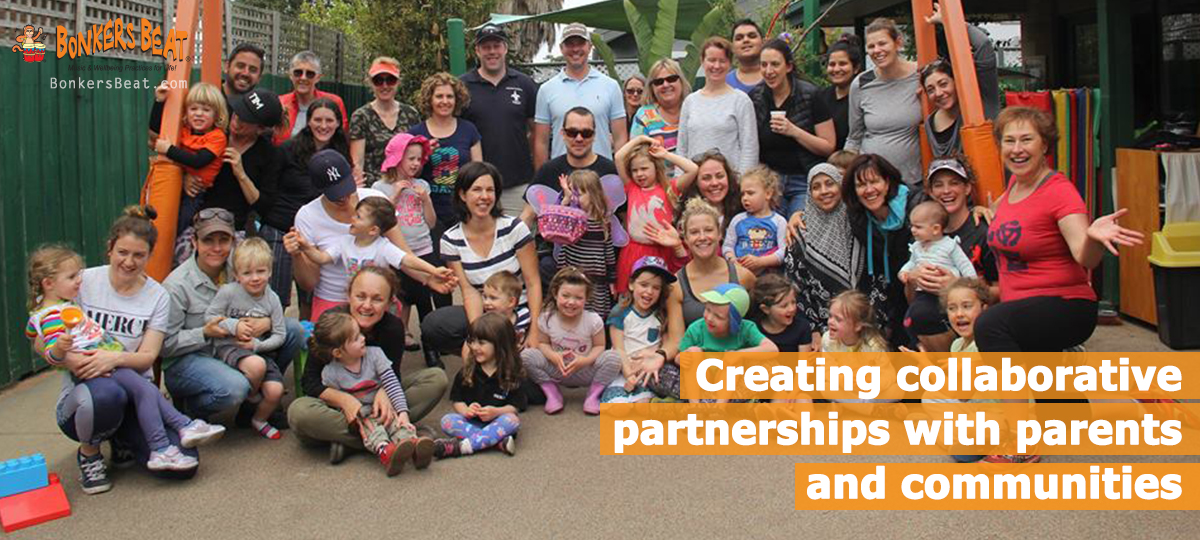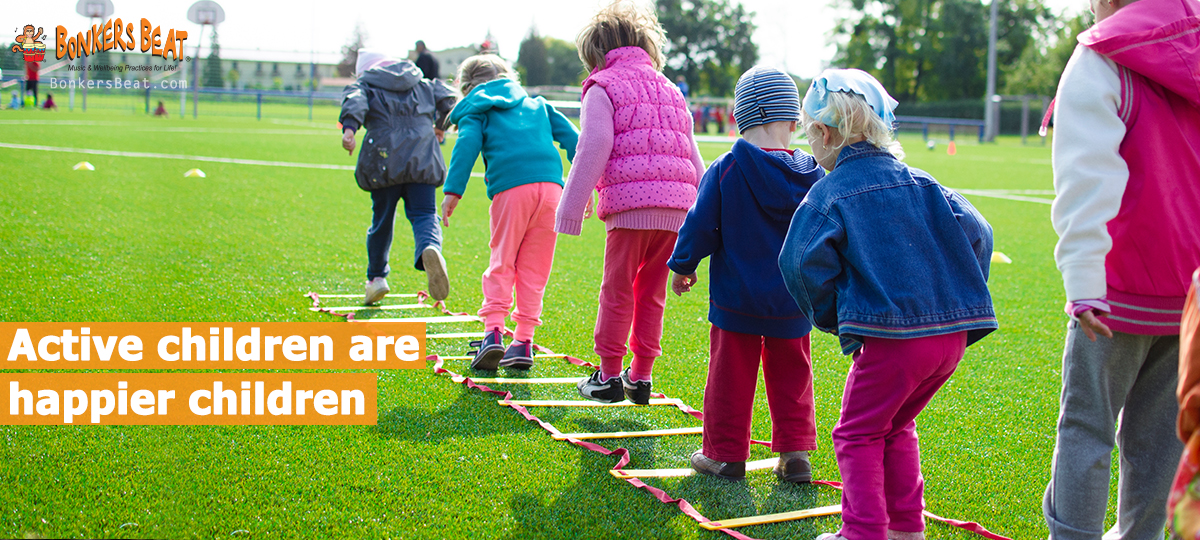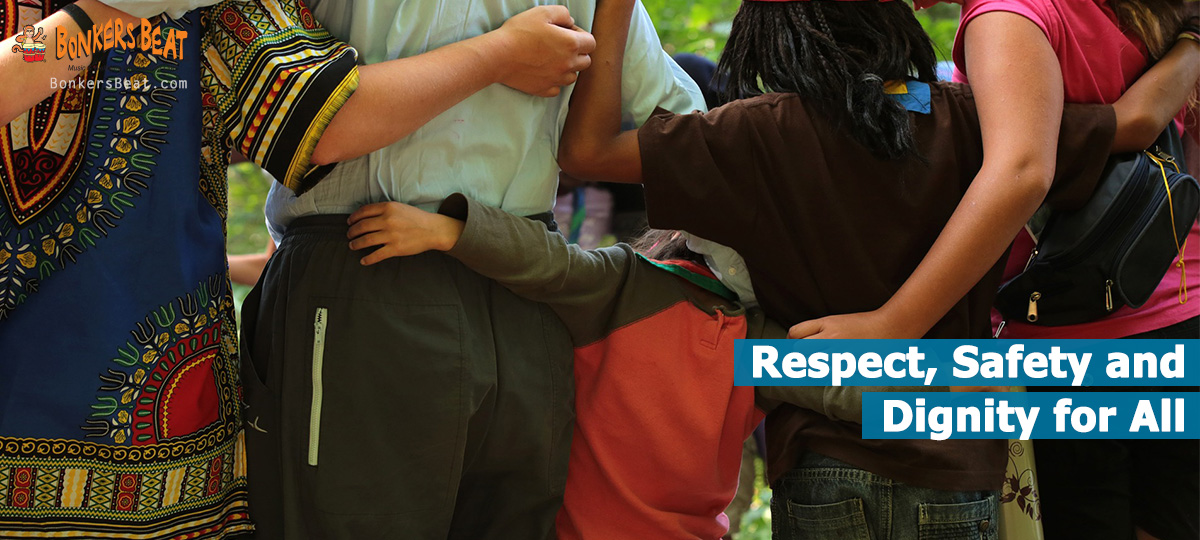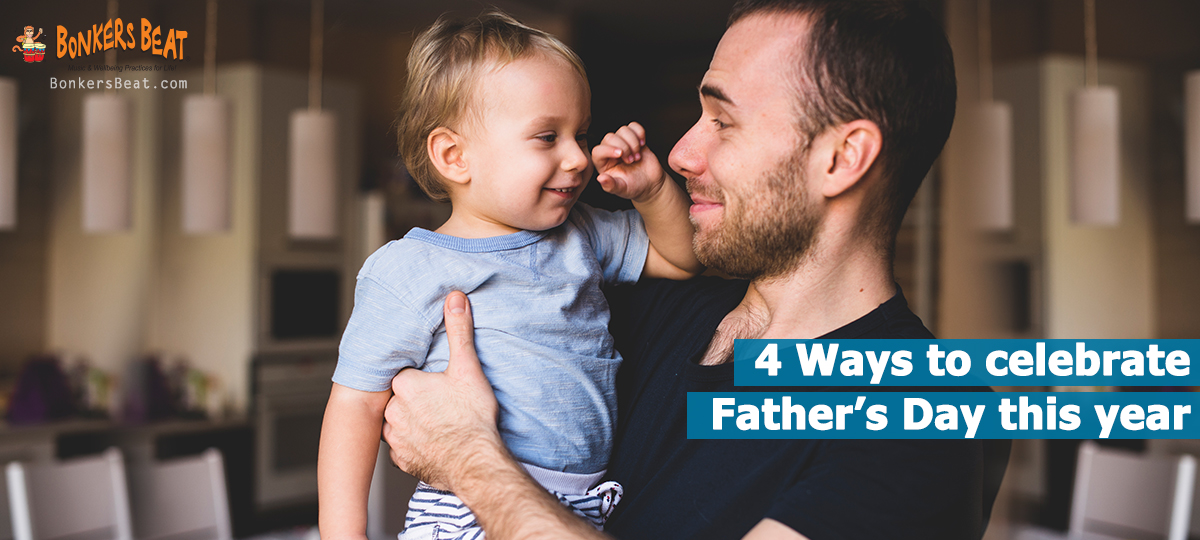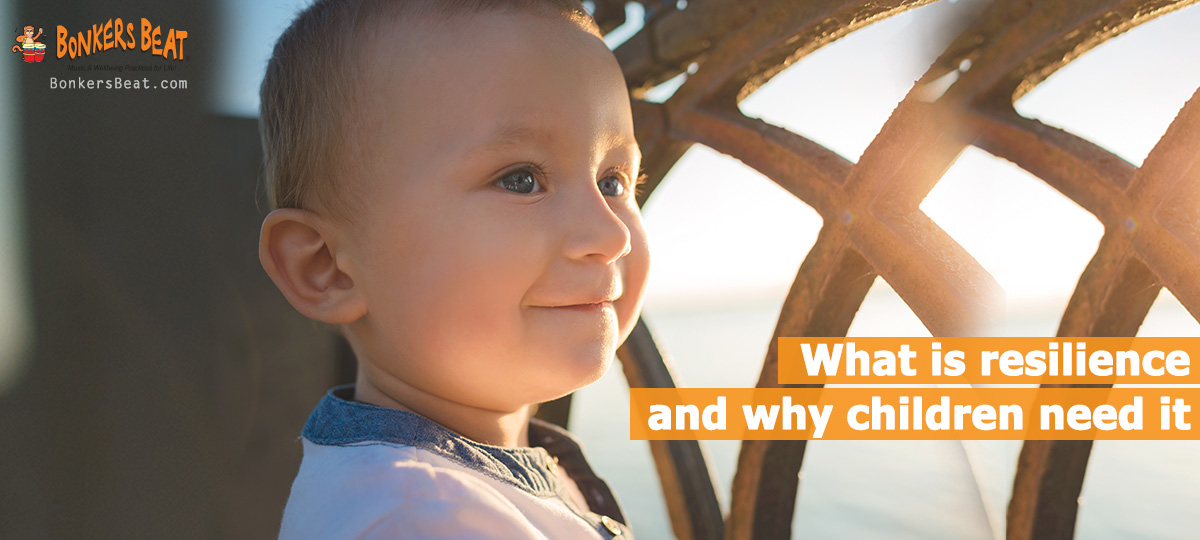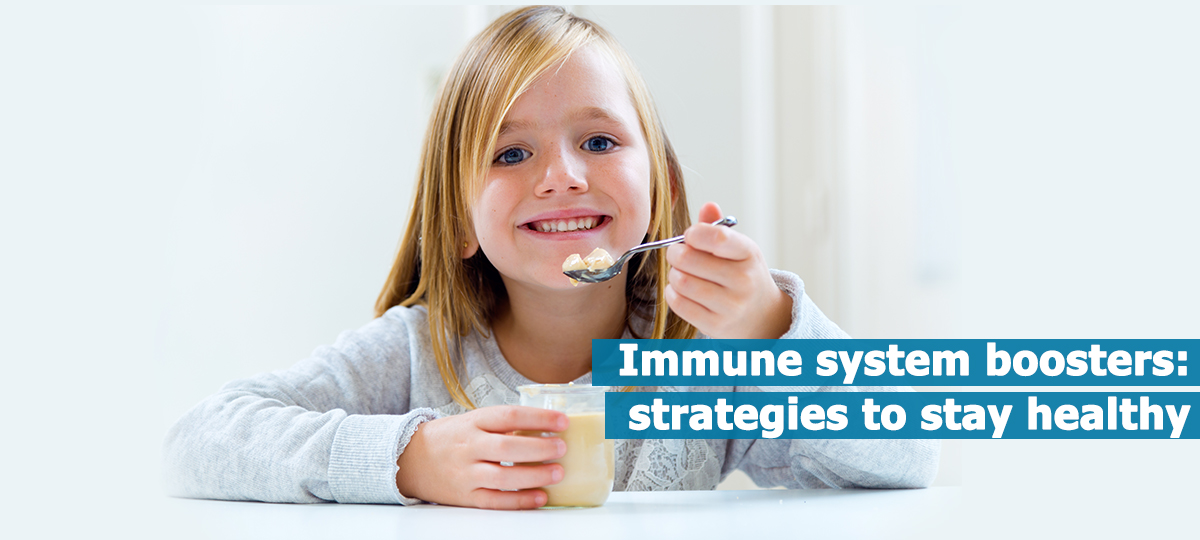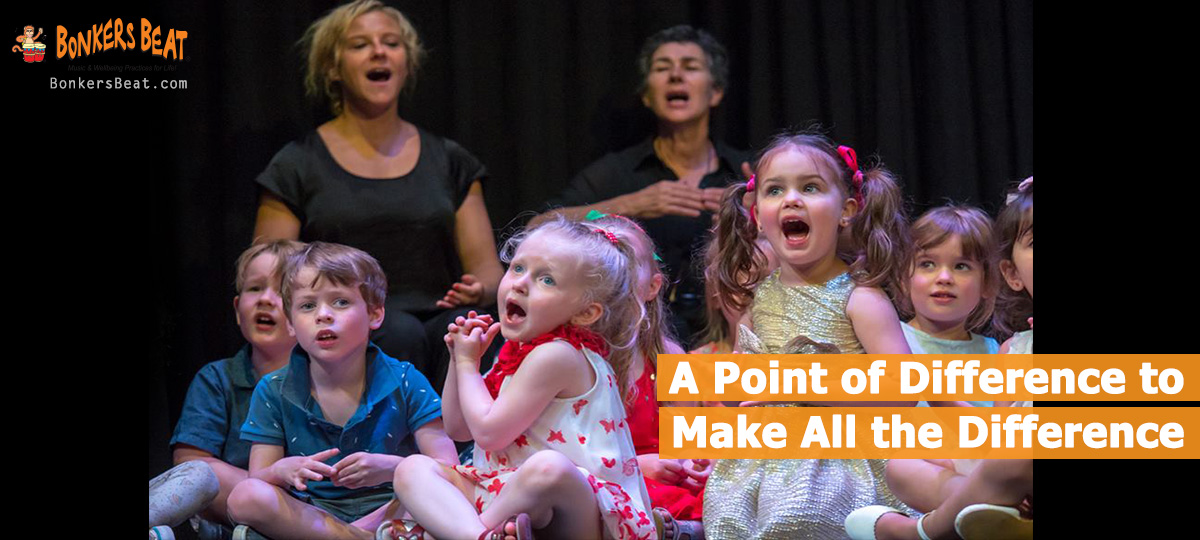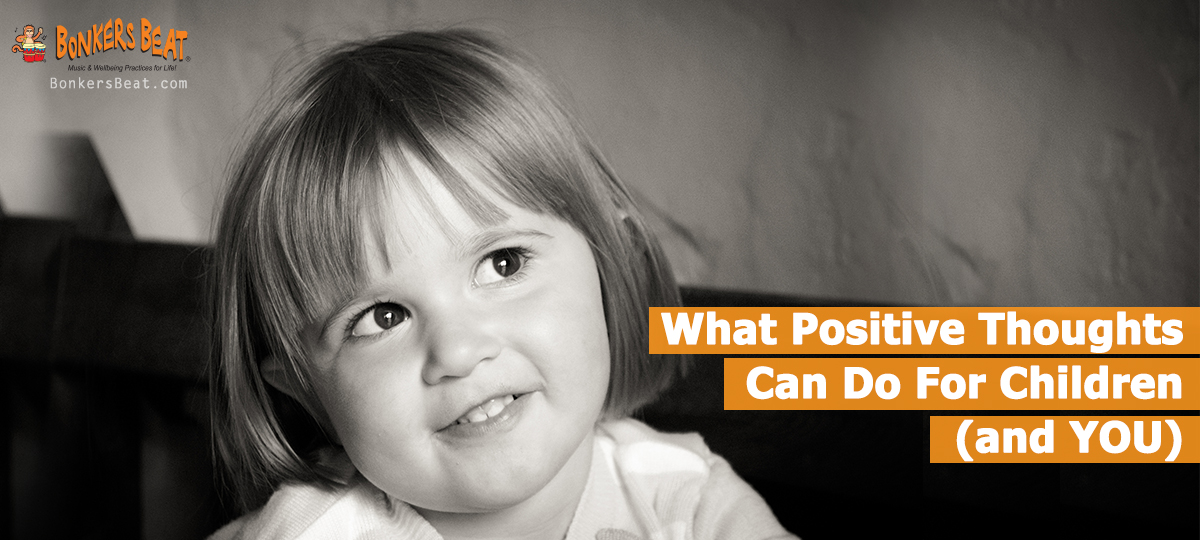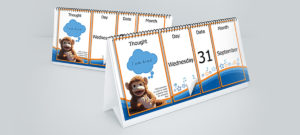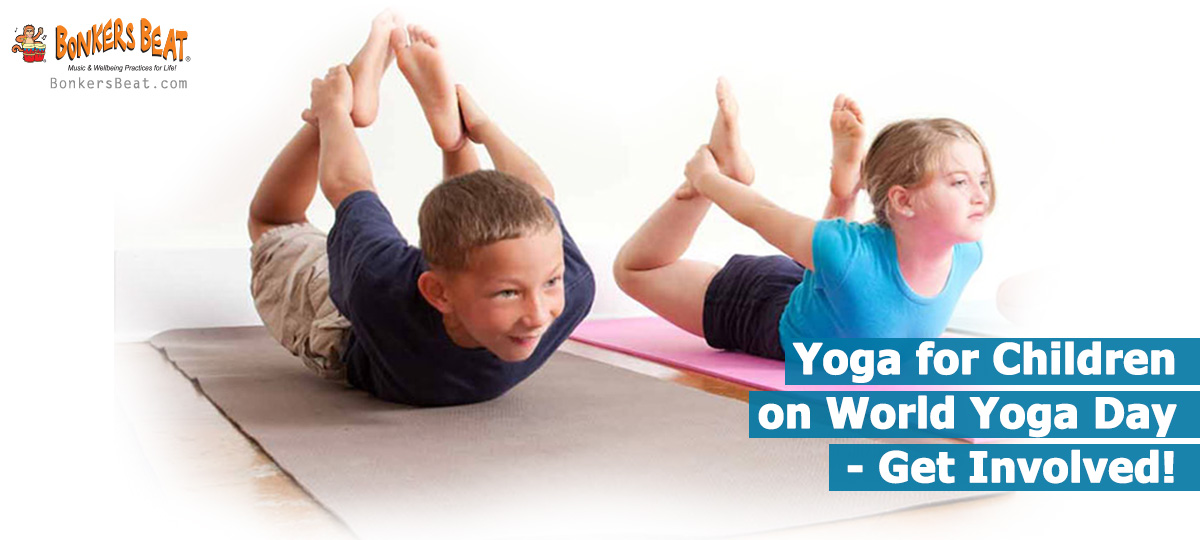They say it takes a village, and we tend to agree. When it comes to raising children and providing a well-rounded childhood, parents, families, friends, early childhood educators and communities all play a role. To get the very best out of your village, working together and creating collaborative partnerships is a must.
The National Quality Standard emphasises the power of collaborative partnerships too: “The aim of Quality Area 6 under the National Quality Standard is to recognise that collaborative relationships with families are fundamental to achieving quality outcomes for children and those community partnerships that are based on active communication, consultation and collaboration are also essential.” (ACECQA)
There are three simple ways you can start to foster these partnerships.
1. Focus on communication
Communication is the key to beginning a solid, rewarding relationship, no matter who it involves. Encourage an open line of communication between parents and educators.
This can include posters, emails, Facebook groups, notes sent home, a welcoming space at centres and an invitation to call the centre as needed. Share ideas, feedback, concerns, reminders, invitations – you’re a team! The shared goal of educators and families is to provide children with a fantastic start in life.
2. Host fun events
Life can certainly be busy, but when something special comes up most people are willing to do their best to make it work. Don’t forget to create opportunities for families and centres to have a little fun outside of the normal day-to-day routines.
Picnic dinners are cost effective and simple. Everyone can bring a plate and share food at the local park – a great example of a family-friendly event that gets everyone together in a community-minded way.
3. Collaborate on something
At Bonkers Beat Music Kinder in Aspendale, we love getting together for a good, old-fashioned, Working Bee. We work with families on improving the centres’ environments, share a nice lunch and have a great time.
Most recently our working bee was a huge success. Educators together with families and children created a Community Garden! This was in addition to a new working bench, a teepee, landscaping, gardening and lots of tidying up of our centre’s spaces. Educators, parents and of course our clever children all worked together to create something wonderful – and that’s a collaborative partnership! Take a look at the photos of the day unfolding here.
How does your centre work on creating collaborative partnerships with parents and communities? Let us know on Facebook – we love to share ideas!

